Welcome to the Dog Park: No Dogs Allowed
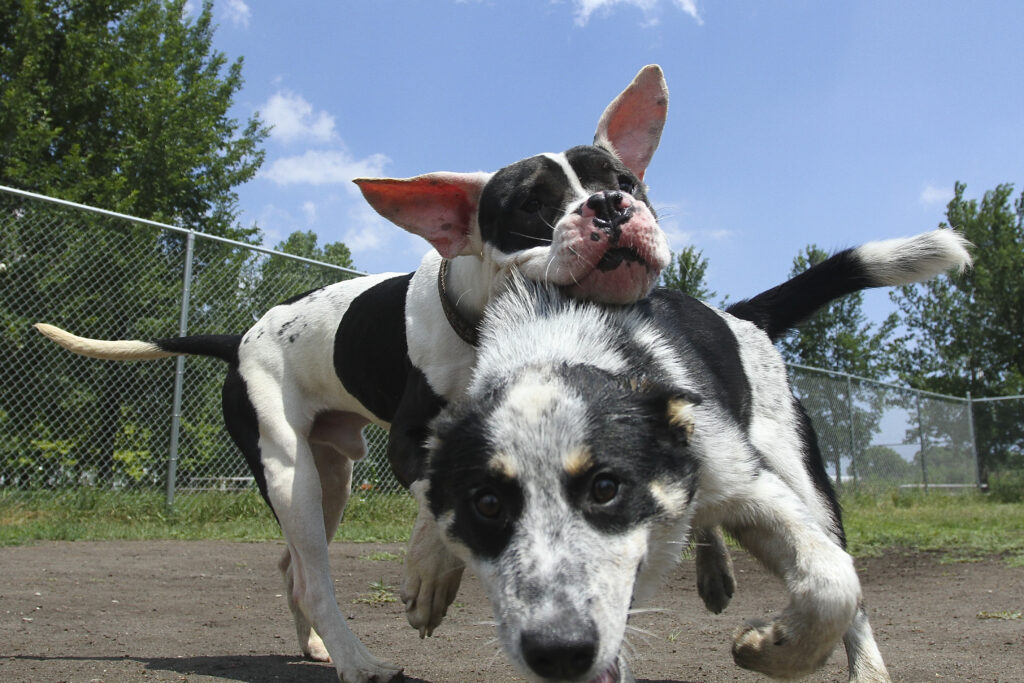
Florida dog park opens, but dogs that act like dogs are prohibited
“What kind of dog is that?” Asking the wrong question and answering it badly
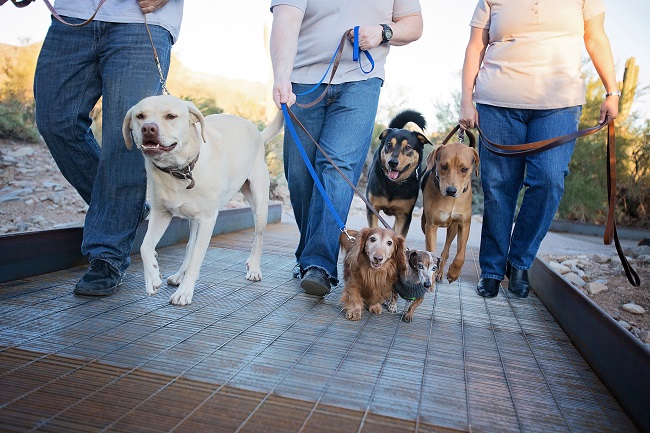
Our review has revealed no findings of breed based behavioral differences that successfully overcome all the difficulties presented by this question.
Unvalidated, unreliable, and unnecessary: Evidence for the case against formal behavior evaluations for shelter dogs
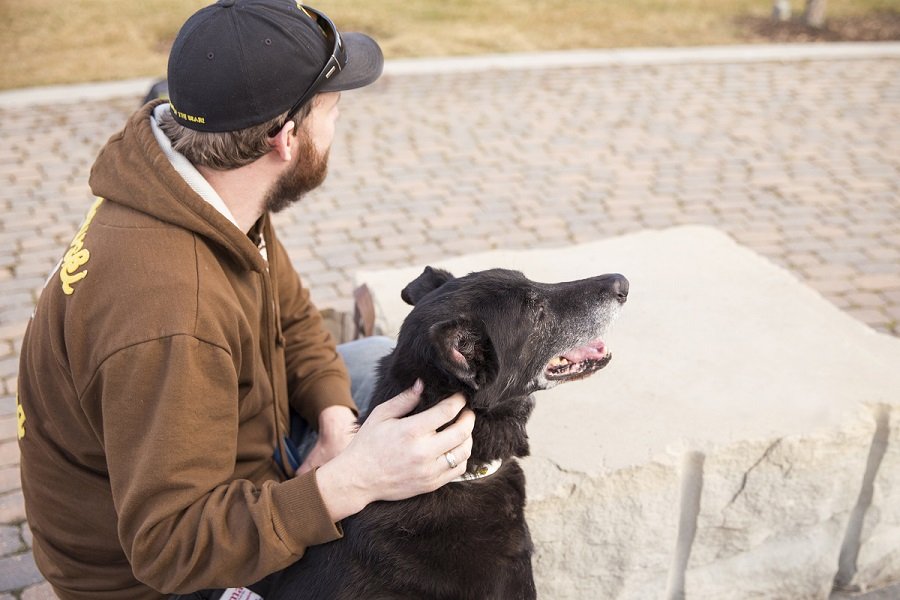
A 2019 article demonstrates that no canine behavior evaluation used for shelter dogs meets accepted scientific criteria that would justify routine use in shelters.
Welcome Back to SPARCS + 2018 Conference
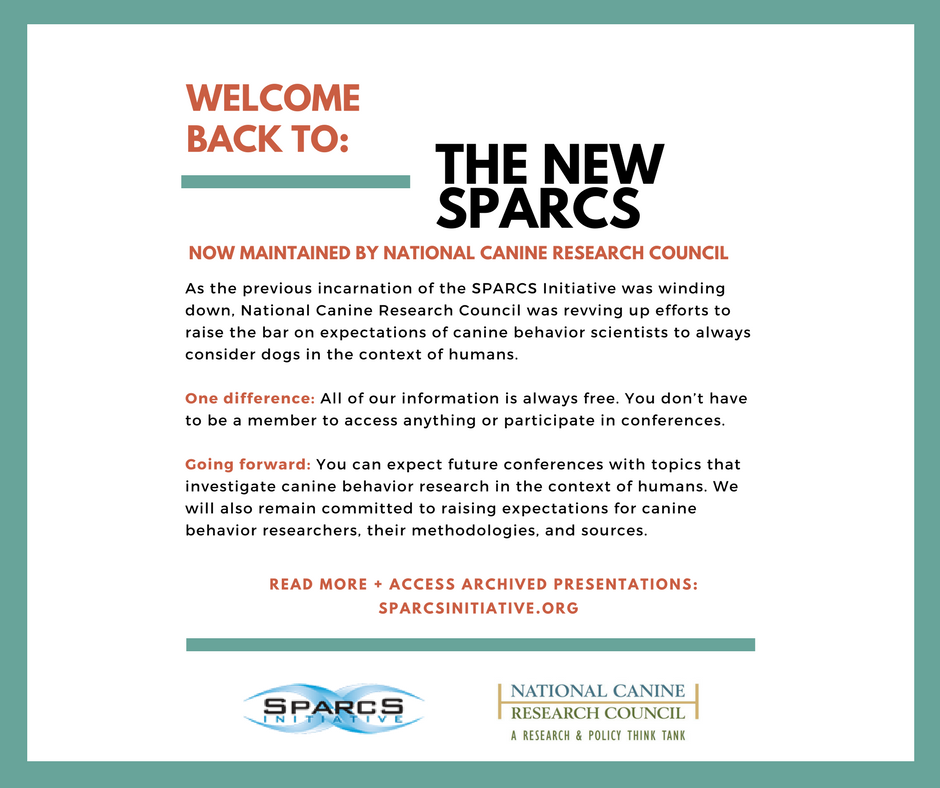
The SPARCS Initiative is now maintained by National Canine Research Council.
When Doctors Stray Outside of Expertise

Study finds that the literature on dog bites written by human health care professionals is rife with distortions and errors, and laden with rhetorical devices that mischaracterize dog behavior and grossly overstate the actual risk of dog bite injuries.
What type of dog is that? Can you tell just by looking?

Take a look at the growing body of evidence on visual breed identification, and commit to shifting the paradigm of how we identify and discuss dogs in our daily lives.
Is it practical or possible to give a dog a test that will predict how he is likely to behave in real life situations?
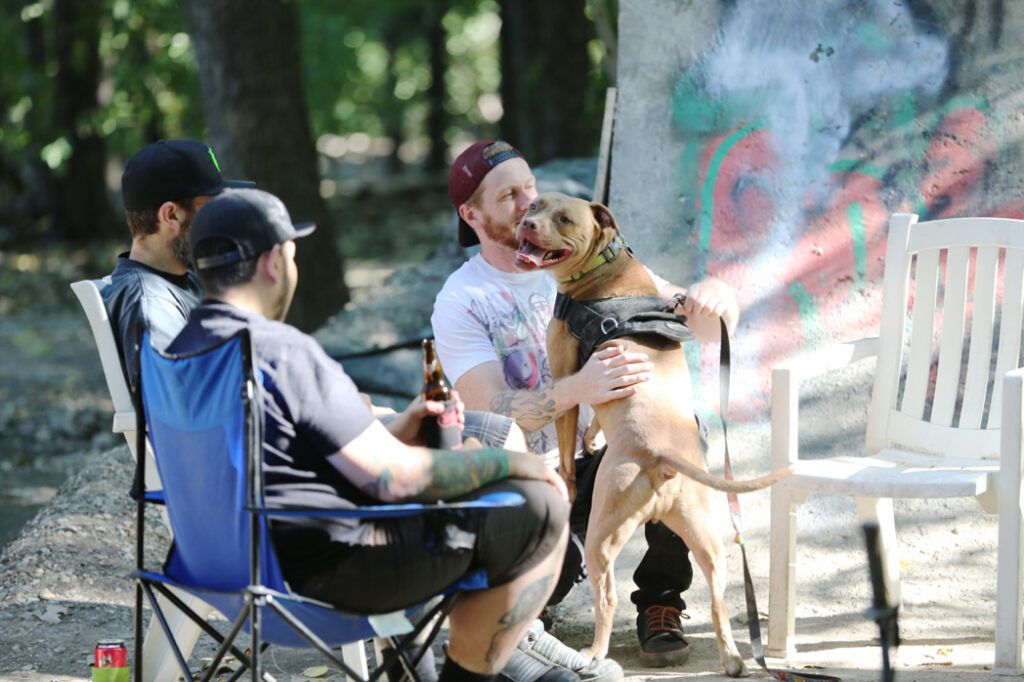
Is there a need for such a test, particularly regarding whether he is likely to get into harmful conflicts with people? This entry in our research library is our attempt to summarize what the best science to date has to say about these questions.
What do we actually know about growling, snarling, snapping and biting behavior in dogs?

A critical review of the dog bite literature reveals that such encounters are often conflated and warning behaviors such as growls, snarls, and snaps are summarily lumped together with potentially injurious behavior such as biting.
When you do the math, behavior evaluations flunk

Article authors demonstrate why when a shelter dog tests positive for dangerous behavior, it is much more likely that the test has failed the dog, rather than the dog having failed the test.
How to Use National Canine Research Council’s Website

National Canine Research Council’s website is complete with both familiar & new research and resources. Included in the change is an evolution into a canine behavior science and policy think tank.

